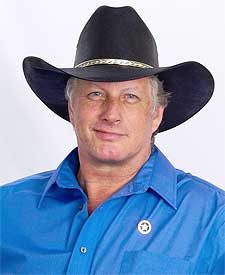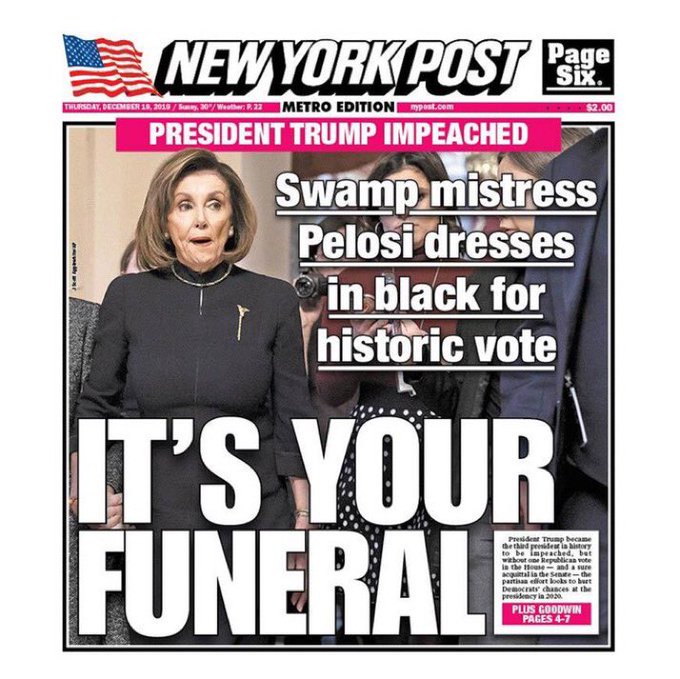By: Katherine Rosario
The Forge
The position of Federal Reserve chairman may be less politicized than being the president or a member of Congress, but it is no less an outlet for political — and ideological — expression. And with the position becoming vacant, discussions of the next potential chairwoman are taking place. Some suggest she makes decisions based on facts, not ideology. But anecdotal evidence from her longtime friends and colleagues suggests otherwise.
That is how National Journal characterized Janet Yellen, President Obama’s nominee to replace Ben Bernanke as the Federal Reserve chairwoman. She has been Bernanke’s vice chairwoman for the past three years. If the Senate confirms her nomination, she will “suddenly given voice in the world’s bulliest economic pulpit.” And what will she use that economic pulpit for? The following characterization may shed some light:
Yellen is also the product of an old progressive tradition of activist, pro-government economics. Above all, according to colleagues, she takes the nation’s worst problems, especially unemployment, as a deeply personal challenge. Yellen, who is all but certain to be confirmed, represents a strain of interventionist thinking that has not found expression at such a high level in Washington in decades—at least since Ronald Reagan and his Milton Friedman-inspired attempt to shrink the size of government.
According to sources close to Yellen, she is motivated by reducing unemployment and reining in Wall Street’s excesses. As Fed chairwoman, she would concern herself with the debate about the relative threats of unemployment and inflation. She will try to tackle joblessness head on. She will deal with “the size and power of big banks and the need for a higher minimum wage and extended jobless benefits.”
Throughout her career, Yellen has worked to demonstrate “why markets fail so often and therefore government intervention is needed,” according to a longtime friend and economist. She is, economically, a Keynesian, and may use her position to influence Congress accordingly.
If she becomes the next chairwoman, some speculate that she will continue the trends set by Bernanke, though she may take a “far more aggressive approach to Wall Street.”
Upon her appointment to the Fed, along with two other appointees, the Heritage Foundation said the appointments suggested “a new bloc of votes on the policy setting Federal Open Market Committee for dovish monetary policies, i.e. those less concerned with containing inflation than reducing unemployment.” They continued:
As discussed elsewhere, though Chairman Bernanke has expressed a very credible intent to resist a return to higher inflation, his own remarks and those of other Fed officials already provide grounds for worry that they may, once again, be late in heading off trouble. With a new flock of doves winging their way to the Fed, inflation worries have only gotten worse.
Read our key vote against the nomination of Janet Yellen here.

















